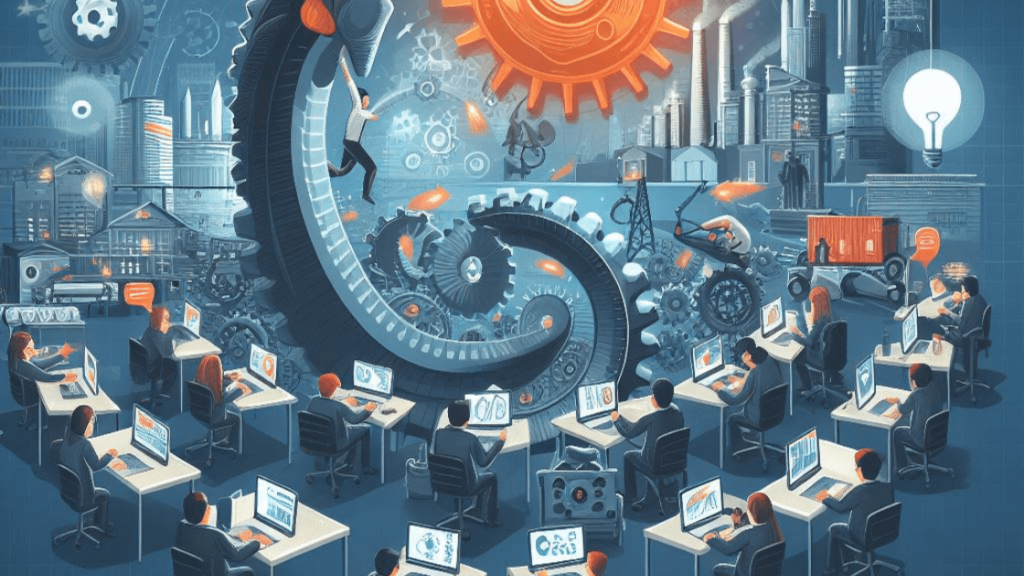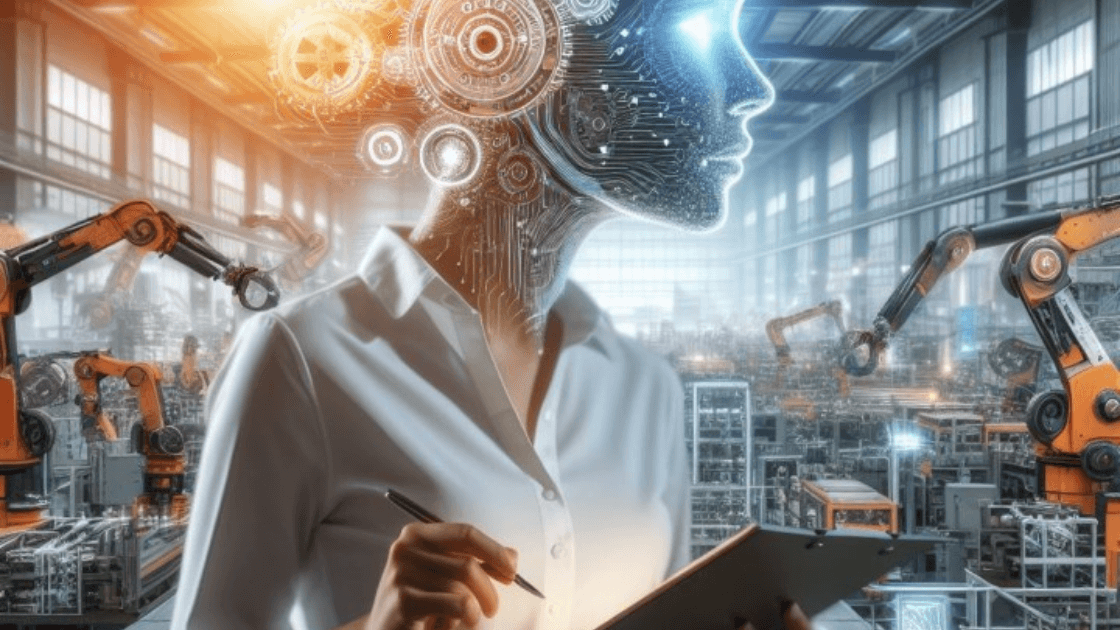In a world driven by technological advancements, manufacturing stands as a pillar of innovation, transforming raw materials into products that shape our lives. However, as the industry embraces Industry 4.0 and automation, the skills required for manufacturing jobs are undergoing a paradigm shift. While traditional manufacturing expertise remains essential, the future demands a workforce equipped with both technical prowess and a deep understanding of emerging technologies.

Meet Madhu, a manufacturing engineer with over a decade of experience. She’s witnessed firsthand the evolution of the industry, from the days of manual assembly lines to the integration of robotics and sophisticated software. Madhu recalls her initial apprehension when robots were introduced to her department. However, she quickly realized that these machines were not replacing workers but rather augmenting their capabilities. With an open mind and a willingness to learn, Madhu embraced automation, becoming an expert in programming and operating the robotic systems. Her story highlights the adaptability and continuous learning required to thrive in the manufacturing industry of the future.
Current Challenges and Opportunities:
The manufacturing industry faces several challenges, including:
- The Rapid Pace of Technological Change: Keeping up with the ever-evolving landscape of technologies is crucial for maintaining competitiveness.
- The Need for Upskilling and Reskilling: Traditional manufacturing skills alone are no longer sufficient. Workers need to acquire digital fluency, data analysis expertise, and a grasp of emerging technologies like artificial intelligence and machine learning.
- The Talent Gap: The demand for skilled manufacturing professionals exceeds the supply, creating a talent gap that hinders industry growth.

Amidst these challenges lie promising opportunities:
- Increased Productivity and Efficiency: Automation and data-driven insights can optimize manufacturing processes, leading to increased productivity and cost savings.
- Innovation and Product Development: Emerging technologies open doors to breakthrough innovations and product enhancements.
- Career Advancement and Higher Salaries: As the demand for skilled workers grows, so do the opportunities for career advancement and higher salaries.
The Skills and Knowledge Needed for the Future:
To navigate this dynamic landscape, manufacturing professionals must possess a combination of hard and soft skills:

Technical Skills:
- Digital Fluency: Familiarity with computer software, programming languages, and data analysis tools.
- Automation and Robotics: Understanding of robotic systems, their programming, and integration into manufacturing processes.
- Additive Manufacturing (3D Printing): Knowledge of 3D printing technologies and their applications in manufacturing.
Soft Skills:
- Adaptability and Continuous Learning: The ability to embrace change, learn new skills, and stay up-to-date with industry trends.
- Problem-Solving and Critical Thinking: The capacity to identify and solve complex problems, analyze data, and make informed decisions.
- Communication and Teamwork: Effective communication and collaboration skills are essential for working in cross-functional teams.
Actions to Take to Thrive in the Future of manufacturing:
- Identify Your Skill Gaps: Assess your current skills and identify areas where you need to improve.
- Pursue Training and Education: Enroll in online courses, attend workshops, or pursue certifications to enhance your skillset.
- Seek Mentorship and Guidance: Connect with experienced professionals in your field who can provide mentorship and guidance.
- Stay Informed: Keep up with industry news, trends, and emerging technologies through publications, conferences, and online resources.
Connect to Learn More:
Connect with me on LinkedIn, join my weekly newsletter & our growing manufacturing community to connect with industry experts, access valuable resources, and stay ahead of the curve in this exciting and ever-evolving field.
Together, let’s work together & shape the future of manufacturing.



0 Comments